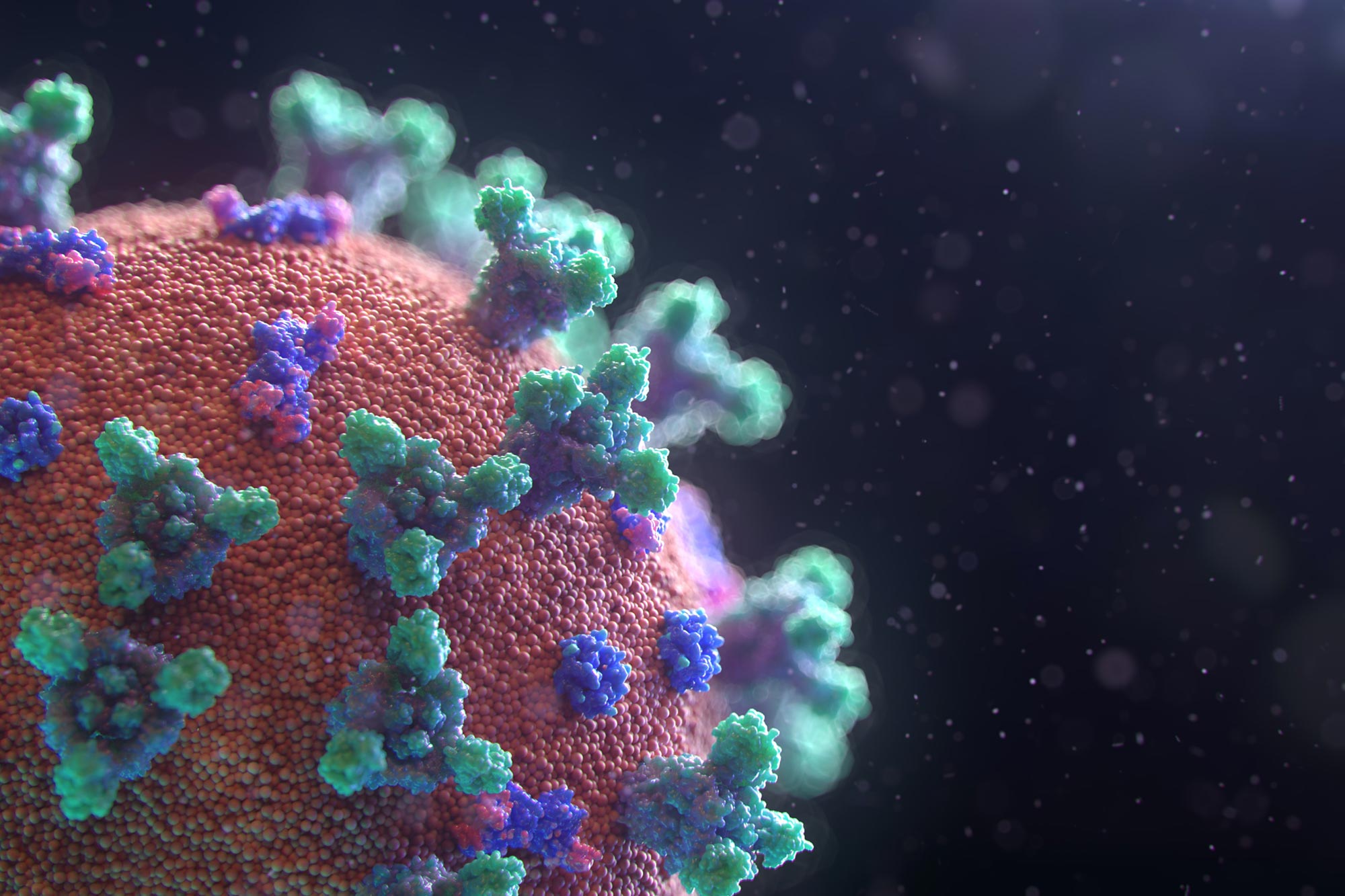Connect with us
Published
2 months agoon
By
admin
A recent study, published in Nature Communications, explored long COVID symptoms using electronic health records from the NIH’s RECOVER Initiative, revealing significant regional and demographic variations in the condition’s persistence. Led by Dr. Rainu Kaushal of Weill Cornell Medicine, the research employed machine learning to analyze data from 11 million patients in New York and 16.8 million across Florida, Georgia, and Alabama. Findings indicated that long COVID symptoms were more prevalent and varied in New York City compared to Florida, with specific conditions such as dementia, hair loss, and blood clots being reported. Dr. Chengxi Zang, the study’s lead author, emphasized the complexity of long COVID, which affects multiple organ systems, and stressed the importance of tailored diagnostic and treatment approaches. The diverse patient population in New York, impacted by an early wave of COVID-19 and limited protective equipment, may explain some differences observed. The study’s comprehensive analysis of potential long COVID conditions provides a framework for better recognition of the illness and supports the need for continued research to enhance its diagnosis and treatment strategies. This research builds on previous efforts to categorize long COVID subtypes, contributing crucial insights into the disease’s varied manifestations.













